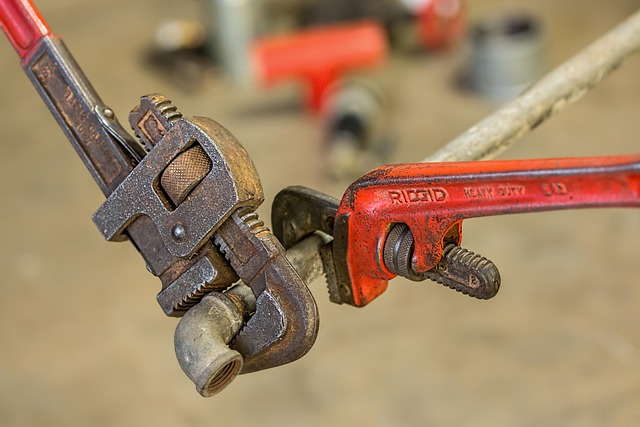Plumbers play a vital role in optimizing building water systems for efficiency and sustainability. They identify leaks and inefficient fixtures, recommend upgrades like low-flow aerators and smart valve systems, and install advanced technologies. These modifications conserve water, reduce energy costs, and minimize environmental impact. Homeowners should consult licensed plumbers to implement these cost-effective solutions, ensuring their plumbing systems are in peak condition with tailored upgrades for optimal performance and water conservation.
Consider upgrading your plumbing system for greater efficiency and water conservation. This comprehensive guide explores how understanding basic water flow dynamics can reveal inefficiencies and conservation challenges within your home’s plumbing. We delve into modern upgrades, the impact of water-saving fixtures, and essential tips for professional installation and maintenance from top plumbers. Optimize your plumbing today for long-term savings and sustainability.
- Understanding Plumbing Systems: The Basics of Water Flow
- Identifying Inefficiencies and Conservation Challenges
- Modern Pluming Upgrades for Enhanced Efficiency
- Water-Saving Fixtures and Their Impact
- Professional Installation and Maintenance Tips
Understanding Plumbing Systems: The Basics of Water Flow
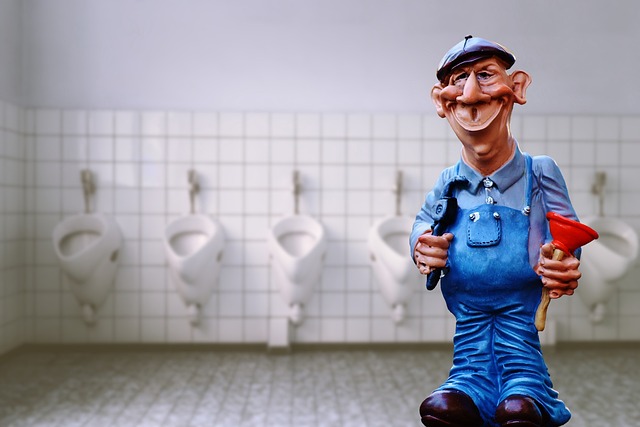
Plumbing systems are designed to facilitate the efficient movement of water throughout a building. Understanding the basics of water flow is crucial when considering upgrades aimed at improving efficiency or water conservation. A plumber, with their expertise, can help navigate this landscape. They know that water flows through pipes under pressure, regulated by valves and controlled by fixtures like taps and toilets. Any disruption in this flow—from leaks to inefficient fixtures—can significantly impact water usage and waste.
Upgrades aimed at enhancing plumbing efficiency often involve replacing outdated pipes or installing advanced technologies. For instance, low-flow fixtures reduce water consumption without compromising performance, while smart valve systems enable precise control of water flow, minimizing wastage. A plumber can assess the current system, identify bottlenecks, and recommend tailored solutions to optimize water flow, ensuring a more sustainable and cost-effective plumbing setup.
Identifying Inefficiencies and Conservation Challenges
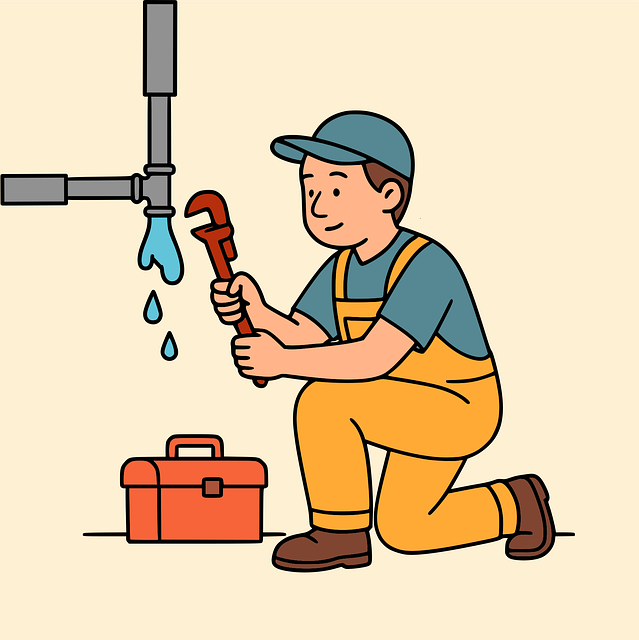
Many homeowners often overlook the plumbing system as a potential source of inefficiencies and high water consumption. A plumber is best positioned to identify these hidden culprits. By examining the existing pipes, fixtures, and appliances, a plumber can pinpoint areas where water is being wasted or not used optimally. Common issues include old, leaky faucets, inefficient showerheads, or outdated washing machine models. These seemingly small problems accumulate over time, leading to significant water wastage and higher utility bills.
Furthermore, conservation challenges may arise from outdated plumbing designs or poorly maintained systems. Plumbers can assess these obstacles by checking for pressure imbalances, poor drainage, or corroded pipes. Modernization efforts by a plumber might include installing low-flow fixtures, high-efficiency appliances, or even smart water management systems. These upgrades not only conserve precious water but also contribute to reducing the environmental impact and saving on long-term energy costs.
Modern Pluming Upgrades for Enhanced Efficiency
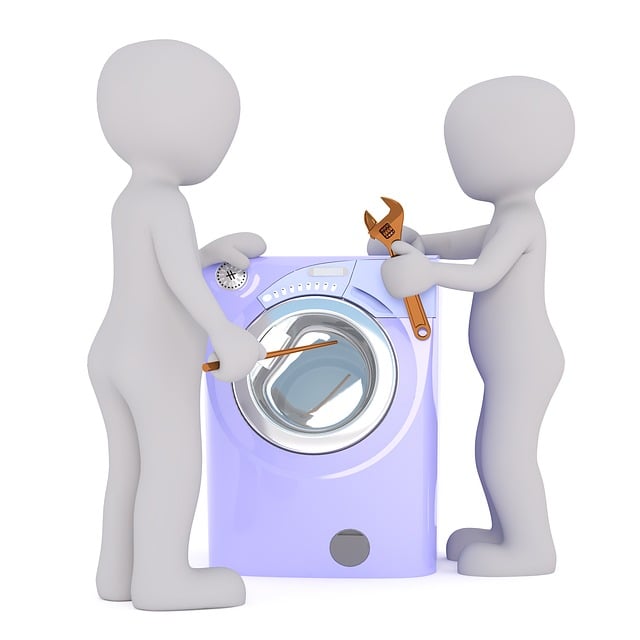
Modern plumbing upgrades offer a plethora of benefits, significantly enhancing both efficiency and water conservation. A plumber can install low-flow aerators on faucets and showerheads, reducing water usage without compromising performance. These devices mix air with water, providing a satisfying flow while saving litres each day. Additionally, high-efficiency toilets (HETs) are a game-changer in water conservation; they use as little as 4.8 litres per flush, compared to the 13 litres or more of traditional models.
Further efficiency gains can be achieved with smart plumbing systems that utilise advanced technology. These systems include digital sensors and apps that allow users to monitor water usage, detect leaks promptly, and remotely control various fixtures. By embracing these modern upgrades, homeowners not only contribute to environmental sustainability but also enjoy reduced water bills thanks to diminished consumption.
Water-Saving Fixtures and Their Impact
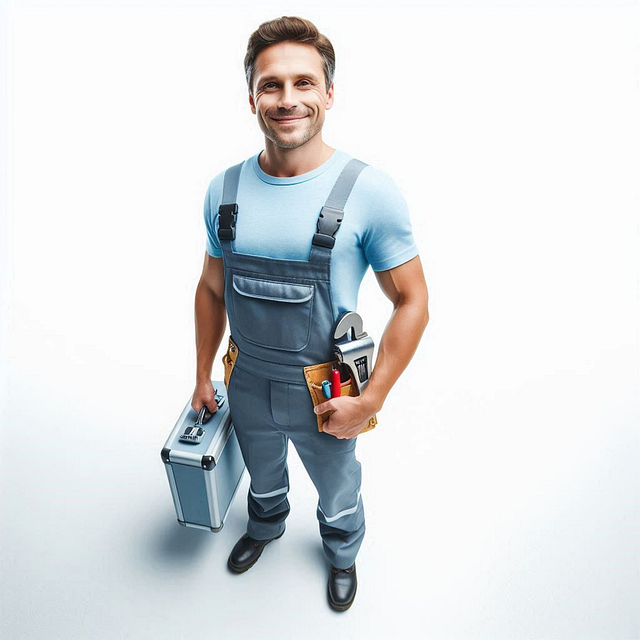
Water-saving fixtures, such as low-flow showerheads and aerators on faucets, are a simple yet effective way to reduce water usage in any home. These devices mix air with water to maintain pressure while significantly cutting down on the overall volume of water consumed. According to the Environmental Protection Agency (EPA), installing low-flow fixtures can save an average household up to 700 gallons of water annually. This not only translates to substantial savings on water bills but also contributes to environmental conservation, especially in areas facing water scarcity.
A plumber is a valuable resource when it comes to implementing these upgrades. They can help select the most suitable water-saving fixtures for your plumbing system and ensure proper installation. By doing so, you’ll not only enjoy reduced water bills but also play a role in preserving this precious resource for future generations.
Professional Installation and Maintenance Tips
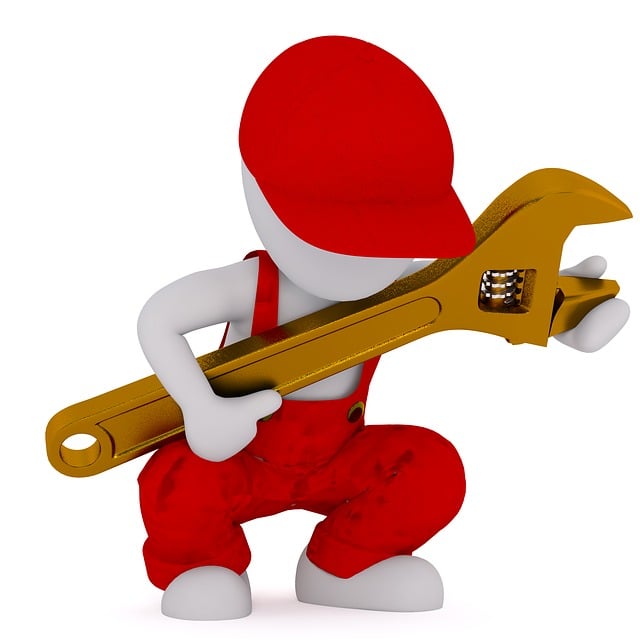
When upgrading your plumbing for efficiency or conservation, professional installation is key. A skilled plumber can ensure that every component—from water heaters to low-flow fixtures—is correctly fitted and optimized for maximum performance. They also play a vital role in ongoing maintenance, as regular check-ups can catch potential issues early, preventing costly repairs and ensuring your system remains efficient.
Consider setting up routine appointments with a licensed plumber to inspect for leaks, assess water pressure, and verify the functionality of all plumbing elements. Their expertise allows them to offer tailored advice on further upgrades or adjustments, keeping your plumbing system in top shape.
Upgrading your plumbing system can significantly enhance both water efficiency and conservation. By understanding the basics of water flow, identifying inefficiencies, and opting for modern fixtures, you can reduce water wastage and lower utility bills. A skilled plumber can assist in installing these upgrades and providing regular maintenance, ensuring a more sustainable and cost-effective home or business environment. These steps contribute to a greener future while preserving this precious resource.
